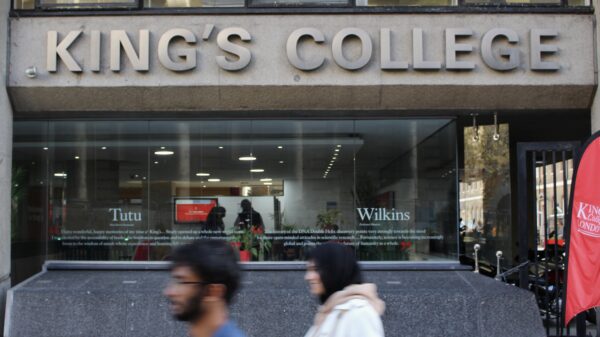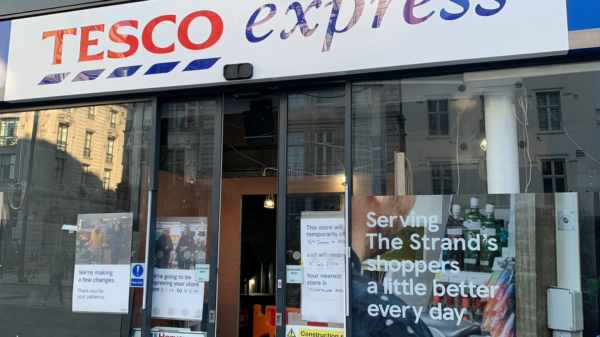50% of students show signs of anxiety and 1 in 10 suffer from clinical depression.
With depression rising at a striking rate it’s only normal that people are looking for alternatives to anti-depressants. But what are our options?
Depression starts as a mental disease caused by an array of different triggers often summarised as a “chemical in balance in the brainâ€. But it’s so much more complex, to the point where we don’t even know the full extent of it.
So far, studies suggest that the hippocampus, a region in the brain that has partial control over memory, is actually smaller in some depressed people. However, the amygdala, in charge of potent emotions in relation to memories and the thalamus, a
centre that receives sensory information and tells the brain how to act accordingly, are affected too. Genetics also has a stand-in. We all share the same genes (with some minute variation), but we have different variants of genes called alleles. Which allele we have determines whether we’re more prone to depression.
With 8.9% of 16-25 year olds in the UK turning to self-harm, depression is a very serious issue. Data from the Mental Health Foundation found that 50% of university students showed signs of anxiety and one in ten suffered from clinical depression.
For many, antidepressants are the first port of call. Some work by giving us a big boost of the neurotransmitter serotonin and/or noradrenaline – chemicals passed along our brain cells that stimulate emotion. So naturally, you think you’d feel happier straight away, right? Wrong. Increasing the neurotransmitter encourages nerve cell growth in the brain, which takes a matter of weeks. This allows new cell connections to be made, which can promote the feeling of ‘happiness’.
There has been a massive increase in the herbal medicine industry and a lot of people see this as a valid treatment for depression. A popular choice is St. John’s Wort, as it seems to have anti-depressant effects, although the mechanism of action is unclear.
Although mindfulness meditation has been practised for thousands of years, it has only recently been coupled with alleviating physical and mental pain. Mindfulness meditation can be thought of as training your brain to be obedient and has been dubbed the ‘passive form of meditation’. It works by first relaxing you, activating the parasympathetic nervous system. Then hormones, neural input and other chemical triggers come into play and activate the sympathetic nervous system, making you feel alert and focused. This leads to a mentally clear state and this sequence of events has been captured by MRI scans. Mindfulness training has been claimed to be just as effective as anti-depressants.
These are just a few methods of treating depression. For anyone who feels they may suffer from depression, it is important to seek medical advice. If you’re curious about any of these methods because you feel you may suffer from depression, it is important to consult your GP, who may be able to assist in picking a method of treatment best for you.


















